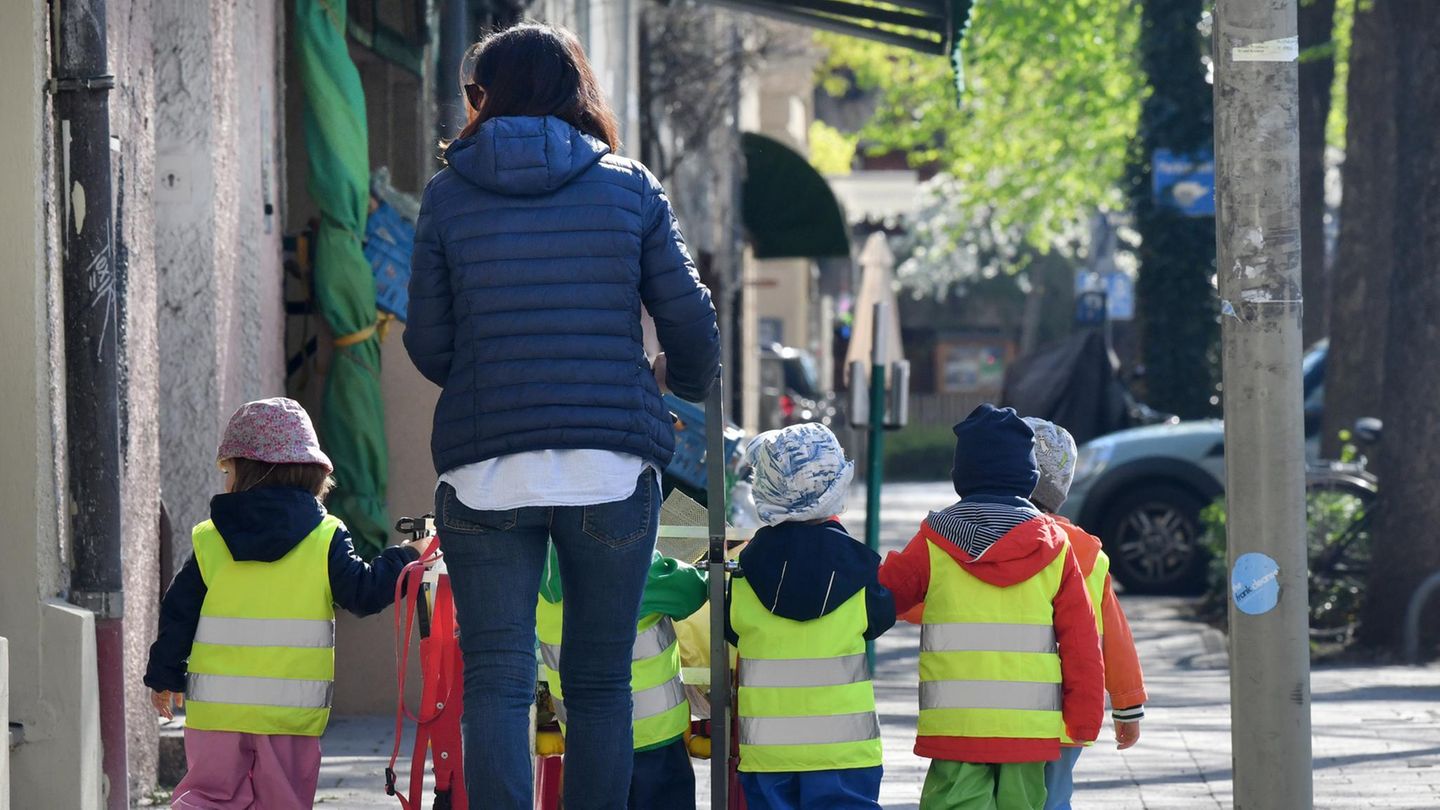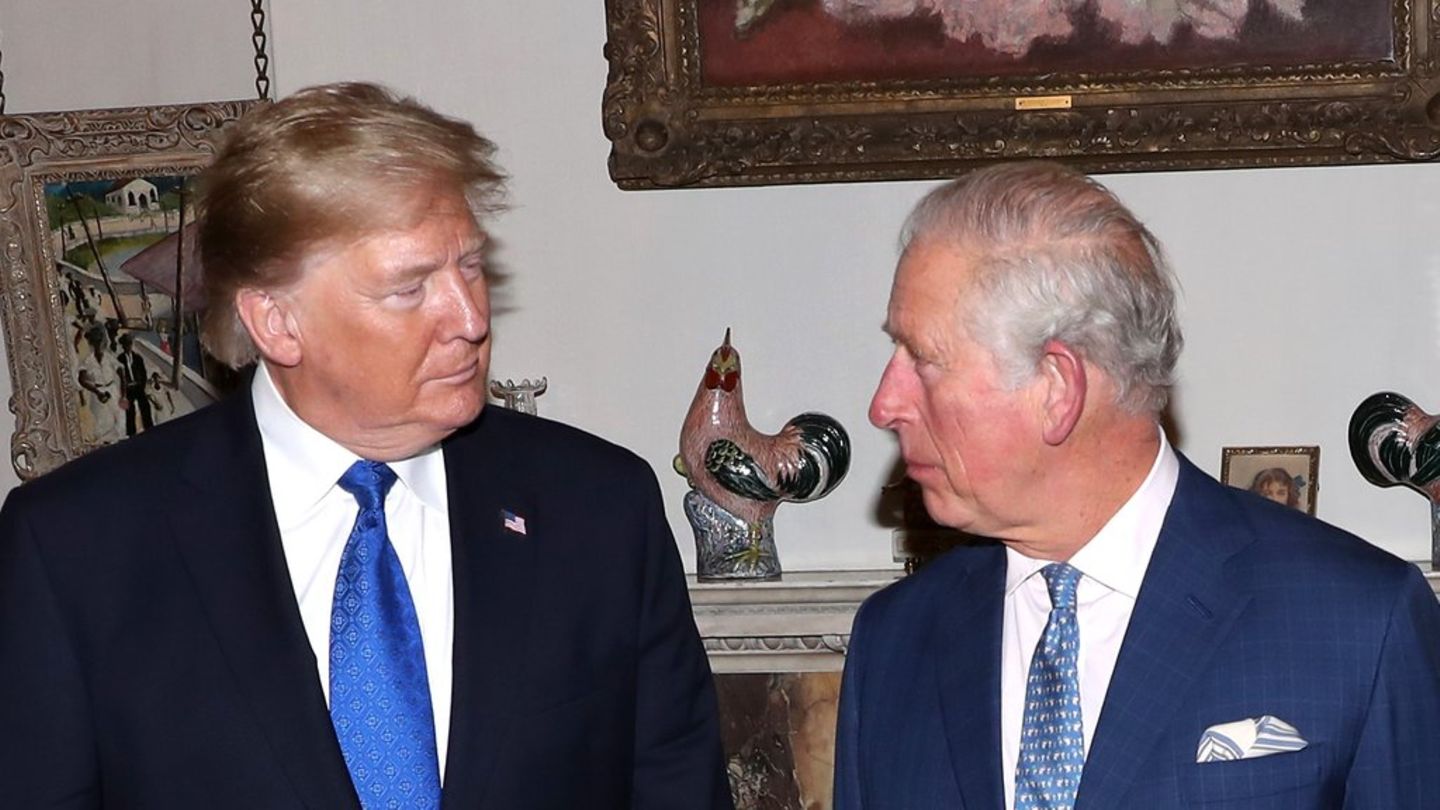From Monday, there will be border controls at all borders with neighboring EU countries to curb irregular migration. Shortly beforehand, the Chancellor will explain again what he is concerned about at a citizens’ dialogue.
Chancellor Olaf Scholz has defended the planned expansion of border controls. “Irregular migration is not what we want,” said the SPD politician during a question and answer session with citizens in Prenzlau, Brandenburg. If, as happened last year, 300,000 people come to Germany, only some of whom are entitled to protection, “then that is not good.”
That is why we need to take a closer look at who has the right to enter the country. “Unfortunately, we cannot completely rely on all of our neighbours doing what they should.” He emphasised that border controls would be carried out in accordance with European law.
Federal Interior Minister Nancy Faeser (SPD) has ordered that there will be border controls at all German land borders from Monday in order to further reduce the number of illegal entries. The additional controls will initially last for six months. This applies to France, Denmark, Belgium, the Netherlands and Luxembourg. Such controls already exist at the borders with Austria, Poland, the Czech Republic and Switzerland. And controls have also recently been introduced at the border with France, which the federal government justified with the Olympic Games, among other reasons.
Such border controls are not normally provided for within the Schengen area; they must be reported to the EU Commission. The German approach is viewed critically in neighboring countries.
The federal government justifies the controls with security risks caused by irregular migration and human trafficking activities at the EU’s external borders. These have led to an increased level of irregular border crossings in Germany, which is exacerbating the already tense situation in accommodating refugees.
Source: Stern
I have been working in the news industry for over 6 years, first as a reporter and now as an editor. I have covered politics extensively, and my work has appeared in major newspapers and online news outlets around the world. In addition to my writing, I also contribute regularly to 24 Hours World.




